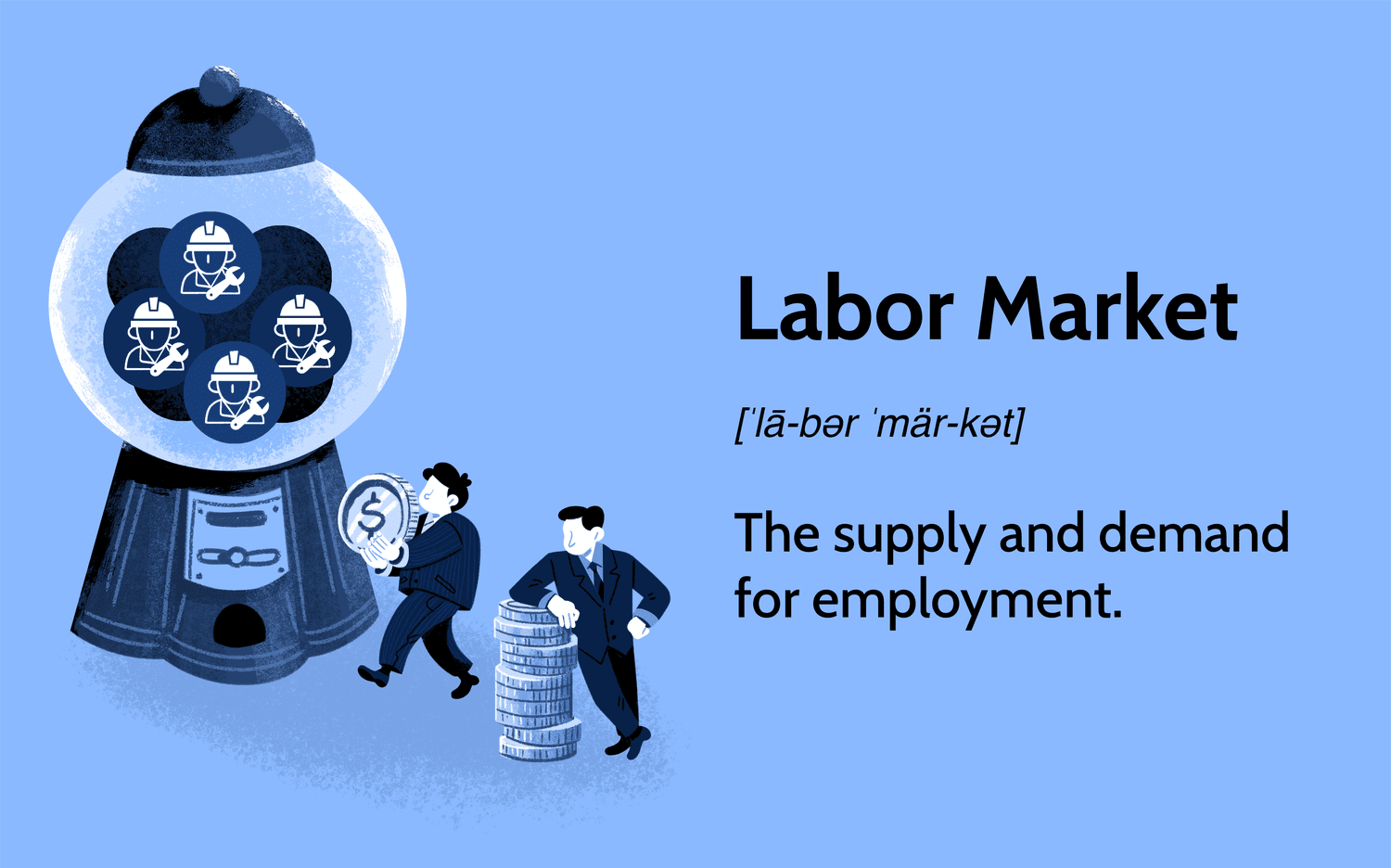Are Spanish People Lazy? The Real Problem Behind Spain’s Struggling Workforce

Is It Laziness or a Broken System?
Spain has some of the highest youth unemployment rates in Europe, consistently hovering around 35% for those aged 15–24 according to Eurostat. Many are quick to blame a “lazy culture,” but the truth is far more complex.
Laziness is not the root cause—it’s the system that has failed its people. Schools don’t prepare students for work, families don’t teach the value of hard work, and a rigid labor market makes it nearly impossible for young people to find stable jobs.
If we want to fix Spain’s unemployment crisis, we must stop making excuses and start addressing the real problems.

The Education System Is Failing Young People
The Spanish education system does not equip students with the skills needed for today’s job market. While countries like Germany and Poland have strong vocational programs that prepare students for real-world jobs, Spain remains stuck in a theoretical, outdated model.
🔹 Key Issues in Spain’s Education System:
- Lack of vocational training: Too much focus on theory, not enough on real-world skills.
- Disconnect from the job market: Universities produce too many graduates in fields with no jobs, while industries that need workers—like technology and skilled trades—are ignored.
- No focus on work ethic: Schools don’t teach the importance of discipline, effort, and resilience, leaving many young people unprepared for professional life.
Mindset Matters: As Carol S. Dweck said in her book, success is not about talent alone—it’s about having a growth mindset. If you grow up believing that hard work doesn’t matter, you will never push yourself.
Many young Spaniards are trapped in a fixed mindset, believing their situation cannot change. This attitude is reinforced by weak schooling, a slow economy, and a lack of clear career paths.
Parents Have Dropped the Ball
Hard work is often seen as negative in Spain, especially among younger generations. Instead of being taught that struggle builds strength, many young people grow up avoiding effort and expecting quick rewards.
👎 Common Cultural Problems:
- Overprotective parenting: Parents shield their kids from failure, making them afraid of hard work.
- No pressure to work young: In many countries, teenagers get part-time jobs to develop responsibility. In Spain, this is rare.
- A culture of “mañana” (tomorrow): There is no urgency—people believe they can always do it later.
As pointed out in 12 Rules for Life, personal responsibility is the foundation of success. If children aren’t taught to handle hardship, they will struggle as adults.
The result? A generation that gives up too easily when things get hard.

A Broken Labor Market Keeps People Stuck

Even those who want to work struggle to find jobs. The Spanish labor market is one of the most rigid in Europe, making it incredibly difficult for young people to get stable employment.
🔹 The Core Issues:
- Too many temporary contracts: Companies avoid hiring permanently, forcing young people into unstable, low-paying jobs.
- Slow economy, few opportunities: Spain never fully recovered from the financial crisis, and businesses are not growing fast enough to create jobs.
- High taxes and bureaucracy: Starting a business is expensive and complicated, discouraging entrepreneurship.
Compare this to Poland, where flexible work policies and better vocational training mean lower unemployment rates and stronger economic growth.
Spain has a systemic problem, not a laziness problem.
How to Fix Spain’s Work Culture
- Reform the Education System
- Introduce stronger vocational training programs.
- Match university degrees with real job market demands.
Teach work ethic and discipline as part of the curriculum.
- Change the Parenting Culture
- Encourage part-time jobs for teenagers.
- Stop protecting kids from failure and effort.
- Teach responsibility and self-reliance from a young age.
- Make the Labor Market More Flexible
- Make it easier for businesses to hire full-time employees.
- Reduce bureaucracy and taxes for startups and entrepreneurs.
- Encourage internships and apprenticeships to give young people experience.

Final Thoughts: Hard Work Is Not the Enemy
The real issue in Spain is not laziness—it’s a system that doesn’t support ambition. If young people are not taught to work hard, adapt, and take responsibility, the cycle of high unemployment and wasted potential will continue.
It’s time to stop making excuses and start building a future where effort is rewarded, not avoided.
If Spain wants to fix its economy, it must redefine the meaning of hard work—not as something to fear, but as something to embrace.
Do You Agree? Join the Discussion.
What do you think? Is Spain’s problem cultural, economic, or both? Drop your thoughts below!
0 Comments